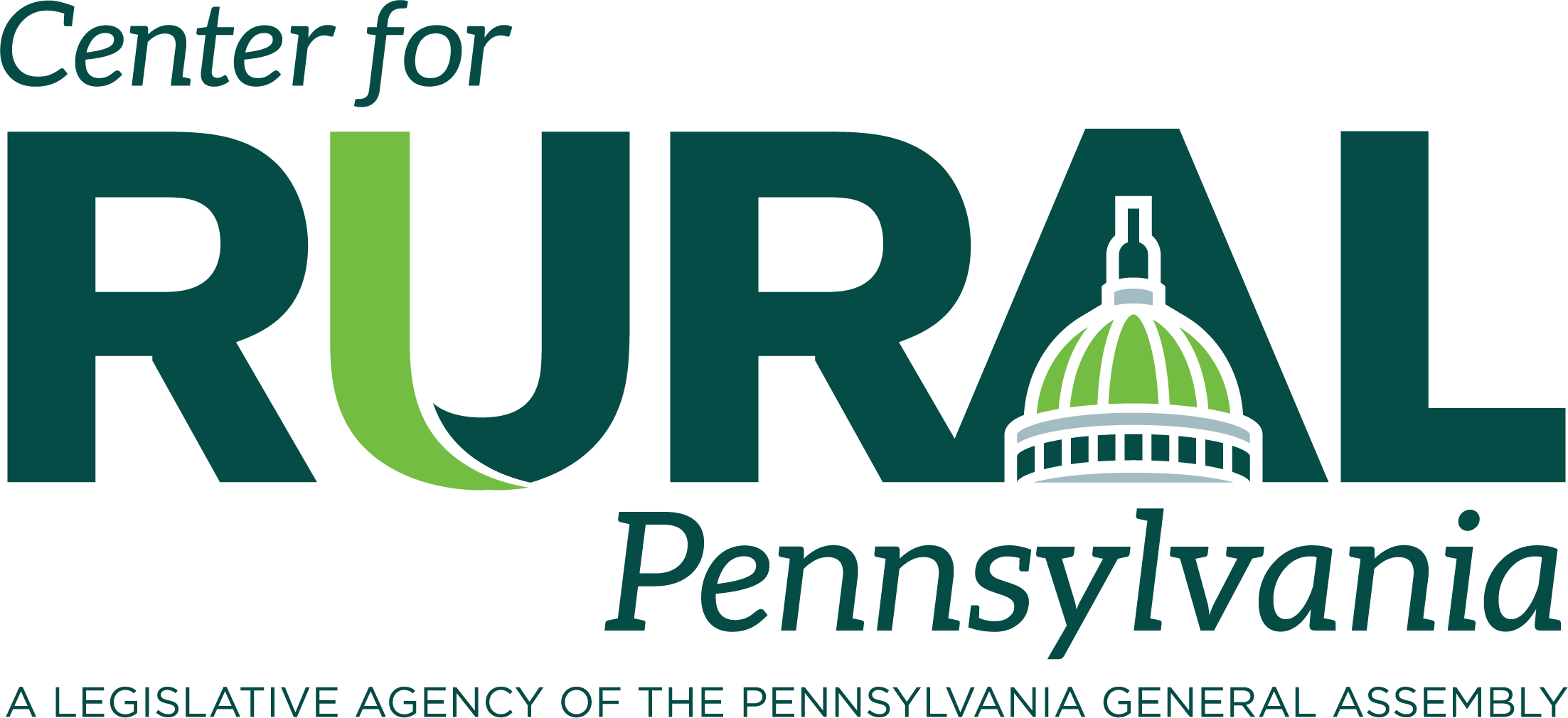- CMS: Medicare Program; Implementation of Prior Authorization for Select Services for the Wasteful and Inappropriate Services Reduction (WISeR) Model
- Public Inspection: CMS: Medicare Program: Implementation of Prior Authorization for Select Services for the Wasteful and Inappropriate Services Reduction Model
- CMS: Secretarial Comments on the CBE's (Battelle Memorial Institute) 2024 Activities: Report to Congress and the Secretary of the Department of Health and Human Services
- HHS: Patient Protection and Affordable Care Act: Marketplace Integrity and Affordability
- HRSA Announces Action to Lower Out-of-Pocket Costs for Life-Saving Medications at Health Centers Nationwide
- Public Inspection: HHS: Patient Protection and Affordable Care Act: Marketplace Integrity and Affordability
- Increased Risk of Cyber Threats Against Healthcare and Public Health Sector
- Eight Hospitals Selected for First Cohort of Rural Hospital Stabilization Program
- Announcing the 2030 Census Disclosure Avoidance Research Program
- CMS: Medicare Program; Hospital Inpatient Prospective Payment Systems for Acute Care Hospitals and the Long-Term Care Hospital Prospective Payment System and Policy Changes and Fiscal Year 2026 Rates; Requirements for Quality Programs; and Other Policy Changes; Correction
- CMS: Medicare Program; Hospital Inpatient Prospective Payment Systems for Acute Care Hospitals and the Long-Term Care Hospital Prospective Payment System and Policy Changes and Fiscal Year 2026 Rates; Requirements for Quality Programs; and Other Policy Changes; Correction
- CMS: Medicare and Medicaid Programs; Contract Year 2026 Policy and Technical Changes to the Medicare Advantage Program, Medicare Prescription Drug Benefit Program, Medicare Cost Plan Program, and Programs of All-Inclusive Care for the Elderly; Correction
- CMS: Medicare and Medicaid Programs; Contract Year 2026 Policy and Technical Changes to the Medicare Advantage Program, Medicare Prescription Drug Benefit Program, Medicare Cost Plan Program, and Programs of All-Inclusive Care for the Elderly; Correction
- CMS: Medicare Program; Prospective Payment System and Consolidated Billing for Skilled Nursing Facilities; Updates to the Quality Reporting Program for Federal Fiscal Year 2026
- CMS: Medicare Program; FY 2026 Hospice Wage Index and Payment Rate Update and Hospice Quality Reporting Program Requirements
‘Primary Care is the Answer’ to Make America Healthy Again
Primary care could and should be at the center of any plan to Make America Healthy Again, said public health experts who shared their reactions to public testimony of the nation’s health leader. Primary care is vital for better health outcomes and cost reduction, yet the U.S. has not fully embraced it. Proposed budget cuts to Medicaid and primary care could reduce access, especially in rural areas, affecting public health.
State-Based Marketplaces See Historic Enrollment Numbers
New data from 20 state-based marketplaces (SBM) shows more than 7 million enrollees nationally for the 2025 Enrollment Period. Pennie, Pennsylvania’s Health Insurance Exchange, is included in those record-breaking enrollment numbers with nearly 500,000 enrollees. This increase is attributed to additional flexibilities in eligibility and lower costs from federal Enhanced Premium Tax Credits offered in 2021. SBMs consistently report affordability as the top concern prohibiting access to coverage going forward.
To maintain the gains in enrollment and coverage and keep premiums low, Congress must extend these Enhanced Premium Tax Credits before they expire at the end of 2025. If not, the amount Pennsylvanians pay would increase by 82% on average, with many paying double, triple, or quadruple as much per month.
Pennsylvania Medical Debt Bill Moves to the Senate
The Pennsylvania House passed House Bill 79 to prevent medical debt with a bipartisan margin (187-16). More than 1 million adults reported having debt associated with medical bills in collections, using a credit card to pay their medical bills or having made arrangements to pay using a payment plan.
HB 79’s co-prime sponsor Rep Arvind Venkat (D- Allegheny) introduced legislation with state Reps. Nate Davidson, Bridget M. Kosierowski, Andrew Kuzma, Jim Rigby Tim Twardzik, and State Representative Tarik Khan who is also a Nurse Practitioner practicing one day a week at Family Practice and Counseling Network in Philadelphia. “As a nurse practitioner, I’ve seen how crushing medical debt is for patients,” said Khan, D-Phila. “Our bill would help ensure people are aware of the financial assistance they’re eligible for while hospitalized, to help save them from going into medical debt in the first place.”
The bill would mandate the development of standardized, plain-language hospital financial aid forms, which would be shared with patients on intake and discharge, displayed on billing paperwork and posted publicly on hospital and state health websites.
CMS Publishes Telehealth and Remote Patient Monitoring Update

The Centers for Medicare and Medicaid Services (CMS) published an updated MLN Booklet on Telehealth and Remote Patient Monitoring. Changes include CMS extending some telehealth flexibilities through September 30, 2025, for non-behavioral and non-mental telehealth services.
Click here to access the booklet.
CBO Reports That GOP Medicaid Plan Would Make 7.6 Million People Uninsured
The Medicaid portion of the House GOP’s massive domestic policy bill would result in 10.3 million people losing Medicaid coverage by 2034 and 7.6 million people going uninsured, according to a partial (CBO) Congressional Budget Office estimate. Republicans released the estimates just ahead of the start of Tuesday’s markup of the Energy and Commerce portion of the party-line legislation.
Medicaid Cuts Bill Clears Key House Committee
The GOP-led House committee in charge of cutting healthcare spending to finance a sweeping tax cuts bill advanced its portion of the measure Wednesday, overcoming Democratic objections during a daylong session. The Energy and Commerce Committee provisions, which are estimated to reduce Medicaid spending by $625 billion over 10 years, cleared on a party-line vote. They will be combined with policies working through other committees into final legislation House Republican leaders hope to pass by the end of the month. The greatest savings come from implementing work requirements and stricter eligibility checks in Medicaid, which the Congressional Budget Office estimates would save about $350 billion. The measure saves another $167 billion by delaying a 2024 Centers for Medicare and Medicaid Services regulation that made it easier for people to enroll in Medicaid and the Children’s Health Insurance Program, according to the nonpartisan budget agency. This is the first step in a long process to achieve a final budget bill. Click here to learn more.
Center for Rural Pennsylvania Publishes Reports on Rural Maternal Health, SUD, and Population Estimates

The Center’s latest fact sheet, Access to Maternity Care in Pennsylvania: Labor and Delivery Services, provides an overview of current access to maternity care, specifically labor and delivery services, in rural Pennsylvania. The closure or consolidation of labor and delivery services has increased travel distances for expectant mothers, effectively creating barriers to maternity care in many rural communities. Timely access to labor and delivery services is a critical factor in supporting maternal and infant health outcomes.
In 2024, rural Pennsylvania saw a welcome decrease in the number of drug overdoses and related deaths. According to 2023 and 2024 data from the Pennsylvania State Police Overdose Information Network (ODIN), the number of reported rural overdoses decreased 40 percent, and the number of deaths decreased 52 percent. Urban areas had a similar decrease. While the drug crisis remains a serious issue, any reduction in overdoses is a positive step forward. Read the Center’s fact sheet, Reported Rural Drug Overdoses Decline 40 Percent in One Year, to learn more.
In March 2025, the U.S. Census Bureau released its 2024 population estimates for counties, metropolitan and micropolitan statistical areas, and Puerto Rican municipalities. The U.S. Census Bureau releases these estimates on an annual basis, and the 2024 estimates serve as an update to the previous estimates for 2020 through 2023. Check out the Center’s fact sheet, Rural Pennsylvania Shows Slight Population Decline but Attracts Out-of-State Residents, analyzing the U.S. Census Bureau’s updated county and municipal population estimates.
New Study Examines Critical Access Hospital-based Ambulance Services in Rural Areas

The Flex Monitoring Team (FMT) is excited to announce a new product, Characteristics and Trends of CAHs That Own or Operate Ambulance Services. This study addresses the extent to which CAHs do so, identifying trends in the number of CAH-based ambulance services and comparing the characteristics (location, ownership, financial) of CAHs that own or operate ambulance services to CAHs that do not.
Data collected through qualitative interviews with eight CAH-based ambulance services highlights the challenges of operating these services, workforce recruitment and retention issues, the role of partnerships and community involvement, and lessons learned. The results of this study provide useful information to State Flex Programs seeking to improve the performance of CAH-based ambulance services in their states and/or explore the use of the model to expand access to ambulance services in rural communities.
Report Published on Access to EMS and Ambulance Deserts
The National Highway Traffic and Safety Administration (NHTSA) is a federal agency, part of the U.S. Department of Transportation, with a mission to save lives on American roads. NHTSA provides national leadership to emergency medical services (EMS) and 911 systems through its Office of EMS. Check out EMS.gov for resources, events, and training that celebrate EMS. A 2023 report from the Maine Rural Health Research Center analyzed 41 states and found that 4.5 million people lived in an ambulance desert; more than half of them in rural counties.
Updates Announced to Medicare Claims Processing Manual for RHCs and FQHCs Chapter 9.

The Centers for Medicare & Medicaid Services (CMS) recently released updates to the Medicare Claims Processing Manual Chapter 9 for Rural Health Clinics (RHCs) and Federally Qualified Health Centers (FQHCs). The updates reflect changes to billing and claims processing, including updates from the CY 2025 Physician Fee Schedule.
